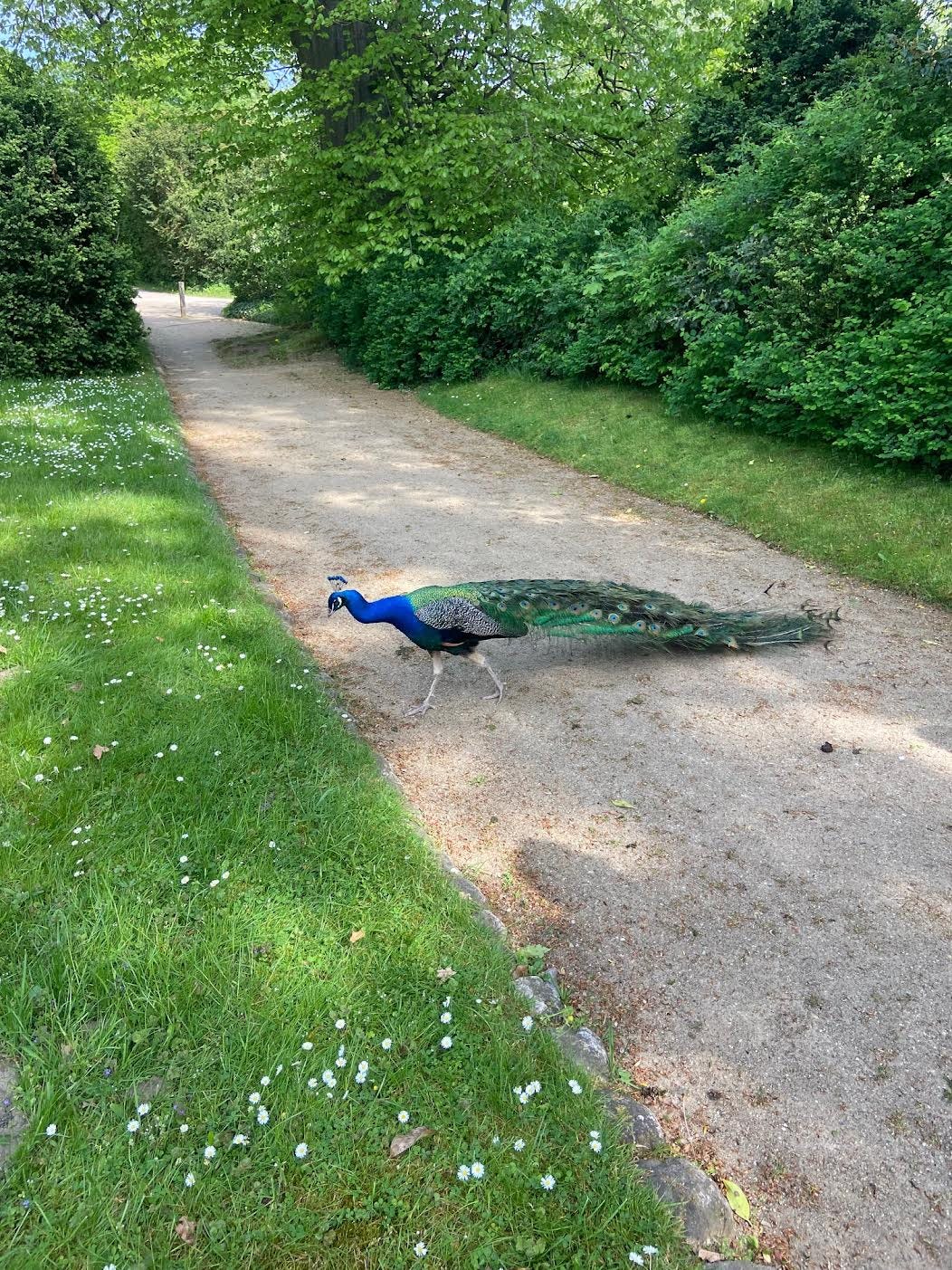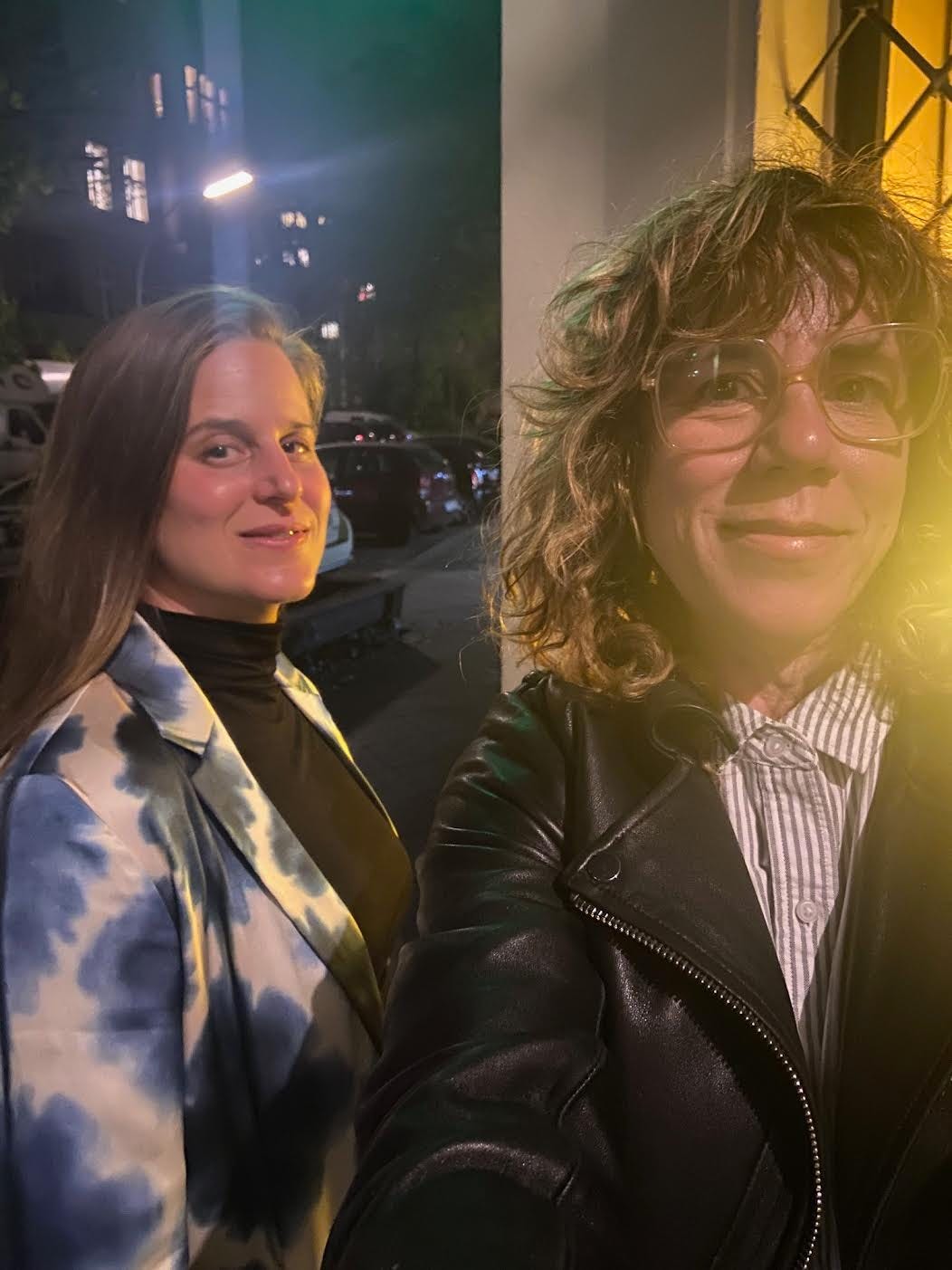Hi friends.
Maybe a month or two ago I sent my novel to Lauren Groff to read. She always ends up gving me some notes that help me in both big and small ways. She is a generous reader, generous person, generous with her time. Once she talked me out of pursuing a novel entirely after I had already written a first draft, but that is a story for another day.
For this book, she suggested a few points of clarification and also that I write one more scene, to introduce a character earlier than his first appearance, and show him in his youth. Just to give the reader a contrast to his later years. To show him when he was once happy.
This was a great idea. I started writing it the next day. I knew exactly where to introduce him. A couple of other details locked into place almost immediately because of where the scene fell in the timeline of the book. As with most notes in the late stages of writing a book, you don’t need to add much. Just a gentle touch. It’s often just a missing sentence or two. In this case it was just a few paragraphs.
But here was the challenge: the character is a composer and I thought I would have him responding to a piece of music in his youth. One that inspired him and pleased him and informed the person he was to become. I knew which piece of music it was, but I hit the wall because I could not hear it the way he had. Because I am not a musician, I could not be inspired in exactly the same way. What I had written was technically correct, but still flat and inauthentic. I had to keep working on it.
Then I left on this trip to Europe. It is a vacation, but I have been working every day in one way or another. I like to work. I like to write a little bit at least or do some edits every day and then I can relax and go out in the world. I enjoy a gentle hum of always thinking of these projects that I love. So I do not feel that I am betraying the vacation by working if it allows me to enjoy it in the end.
On the day I landed in Frankfurt I met my beloved German translator Barbara Christ for dinner. We hadn’t seen each other since before Covid although she has translated two of my books in that time, so we have been in touch. Still, we had some catching up to do, so it was nice to have that time together. And she also likes to think and talk about work.
Near the end of dinner, I was telling her about my new novel and this small problem I was having with “hearing” the piece of music. She suggested I think of a piece of writing I had read in my youth which had transformed me and use those feelings to find my way there.
This, of course, was perfect advice. My smart friend Barbara.
The piece for me was this sort of filthy experimental short story by Stephen Dixon called “Milk is Very Good for You” which I think, perhaps, is now out of print, but at the very least is not linkable to in this newsletter. In it, he misspells all the dirty words, and it challenges you as a reader to engage with the sexuality of the story in a different way. It is all very precise even as the plot becomes more chaotic. I was most excited about seeing words that looked like nonsense on the page but also at the same time made complete sense. I remember reading it in college and thinking, “Are you allowed to do that?” And the answer was “yes.” (Although honestly it might be “no” now in terms of some of the subject matter, but that doesn’t change how it influenced me then.)
So I think for me the way into writing this scene was remembering the moment where I realized writing could truly be anything we want as long as we had a kind of control and logic to it. Essentially I realized, for me, art was all about freedom, and using your talent and skills to explore—and sometimes explode—that freedom.
A day later I finished the new scene, or at least a version of it I felt comfortable letting sit in the document. I’ll keep nudging it along. Who knows how it will turn out in the end? But it’s home where it needs to be for now. I was able to think things through in a personal way. It’s not an autobiographical moment in my book but it’s certainly personal, nonetheless. Anyway: this is the origin story of this particular scene.
Springtime in Berlin
Then, this week, I got to spend a few days with Lauren in Berlin where she is living for a while. (She has a new brilliant novel coming out by the way!) We had dinner and drinks and talked and then in the morning we went to a hammam and sweated and got scrubbed and later we saw peacocks on a quiet and beautiful island. More moments that added up to me writing, if only this letter to you now.
And I got to thank her for her suggestion, tell her how the scene evolved, and about the wise advice of my translator — all the things that led up to solving this one problem in a book. Then I asked her what writing had transformed her in her youth, and she replied without thinking: “Emily Dickinson.”
Who was that person or piece of writing for you that changed you as a writer or a reader? What was that moment? Can we reach for it today as we approach our work? Can we remember that time when all of a sudden we understood writing in a new way and it changed everything for us at once?
Hope you are having a productive week.
Jami
You are reading Craft Talk, the home of #1000wordsofsummer and also a weekly newsletter about writing from Jami Attenberg. I’m also on twitter and instagram. I try to answer comments as best I can, which are open to paid subscribers. You can subscribe here or give a gift subscription here. (If you are a teacher let me know, and I will give you a free subscription.) Fifty percent of the proceeds will go to various cultural, educational, and social justice organizations in New Orleans (and sometimes elsewhere). This week’s donation went to Entertainment Community Fund in support of the Writers Guild of America strike.





Hi Jami, I am writing from Florida, where I spent the last week at a retreat with the novelist, Connie May Fowler and my workshop members. I am up at 4 am over-stimulated with ideas for my novel. I couldn't sleep. I leave for home in a few hours. Your message about your getting help from your writer friends brings me to right now. In workshop every afternoon this past week the inspirations sailed around the room from each of us as we read our three pages. Reading you get inspiration from your writer friends confirms I am in the right place at the right time. To answer your question about what book from our youth gave us the inspiration to write, my answer is Pat Conroy's The Prince of Tides. I remember reading that novel knowing I had to write novels. The cool full circle of my story is that since 2015 I have been studying with Connie who was a good friend of Pat's. I even own a first edition of the novel signed " To Connie May Fowler, in friendship and writing, Pat Conroy." Writer friends are priceless. I hope you had a great vacation. Cheers!
The a-ha moment for me as a writer was Meander, Spiral, Explode book by Jane Alison. When I was reading it, I kept nodding my head in agreement, revelation after revelation coming to me. Finally it all made sense: I always struggled with classic storytelling, because 1) it’s masculine and 2) it’s Western way of telling a story. I write about complicated women and in 1st person pov, so my narrator is a woman, often a very unreliable one and the narrative style is SCREAM of consciousness. So the wave structure never ever worked for this type of very feminine way of progressing (or rather, digressing) with a story. And my background is not western as I have a wild mixture of Armenian, Russian, Ukrainian and Jewish bloods in me. I grew up on different tales, folklore and books than those from western countries.
PS: I fully realize that it’ll be super hard to sell this type of writing, but I’m sure there is a niche 😊